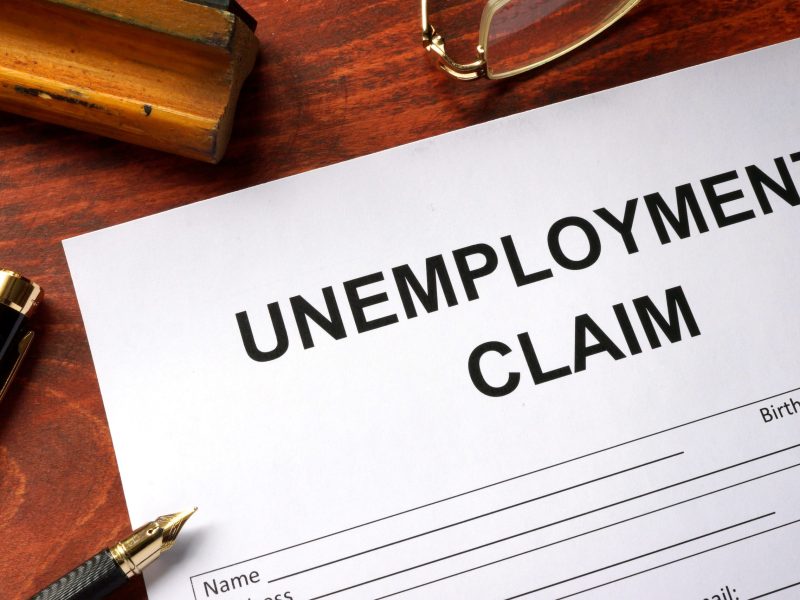In order to qualify for unemployment benefits it is required to prove in that application that one is able to work, available to work and actively seeking work. But that criteria doesn’t stop fraudsters from filing for benefits. The state of Iowa recently released results of an audit that covered the state budget year that ended in June 2020, which included the first four months of the COVID-19 pandemic. An era that fraudsters look back on with delight.
Iowa Agency investigators realized that eight claimants from the fiscal year had received benefits despite being in jail or prison, receiving about $113,000 from the state. If you aren’t available to work you aren’t qualified, and a prisoner is definitely not available to work behind bars.
The audit also found that during the pandemic’s first months, the Iowa Workforce Development employees did not detect six claimants who used the Social Security numbers of dead people, receiving about $125,000. Using deceased identities are fraudsters favorite because frankly, no one is around to complain about it.
According to the audit, the erroneous payments were made because they were not caught by state fact-finders. The state workforce department was inundated with unemployment requests during the first months of the pandemic as most businesses were completely or partially closed as part of the public health precautions. IWD said it followed federal guidelines by prioritizing benefits payments over all other activities, including fact-finding.
Great job by all those involved in the audit. Unfortunately, their work auditing for pandemic benefit fraud is far from done.
Today’s Fraud of the Day is based on an article “Prisoners, dead people receive Iowa unemployment, audit finds” published by Des Moines Register on October 26, 2022
The state of Iowa dished out $238,000 in unemployment compensation to people who were either incarcerated or dead, according to a new report.
Iowa Workforce Development issued the payments because agency officials were not using or checking systems designed to detect fraud, according to the review State Auditor Rob Sand released Tuesday. The annual report examined practices by the agency during the fiscal year that ended in June 2020, about three months into the COVID-19 pandemic.
Perhaps more than any other government agency, Iowa Workforce Development was inundated during those months as hundreds of thousands of workers lost their jobs amid shutdowns ordered while the deadly virus began to sweep through the state. During a 15-week period beginning that March, 365,000 people filed unemployment claims with the state. That’s more than the 285,000 claims that the state received in all of the previous two years.




